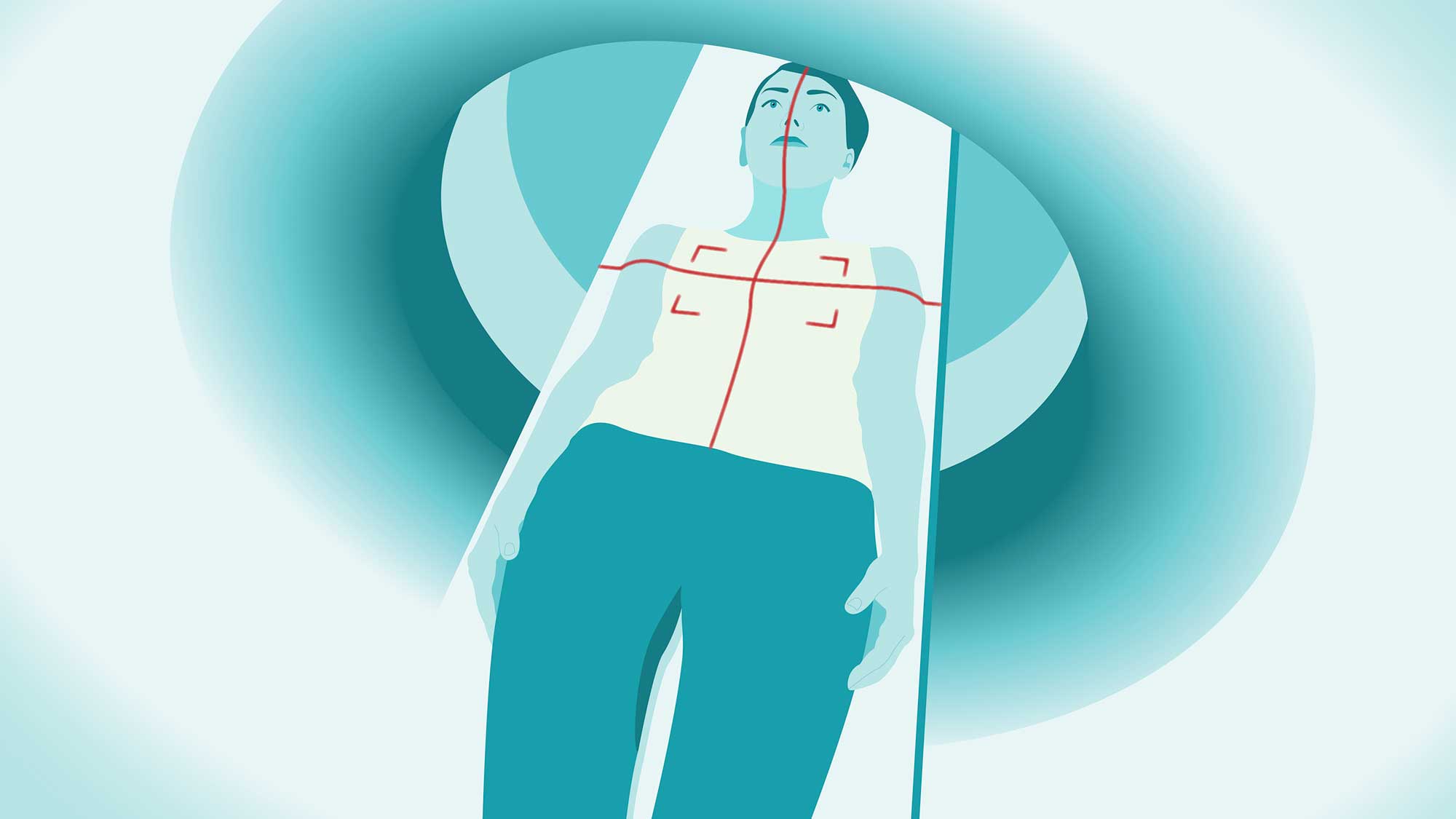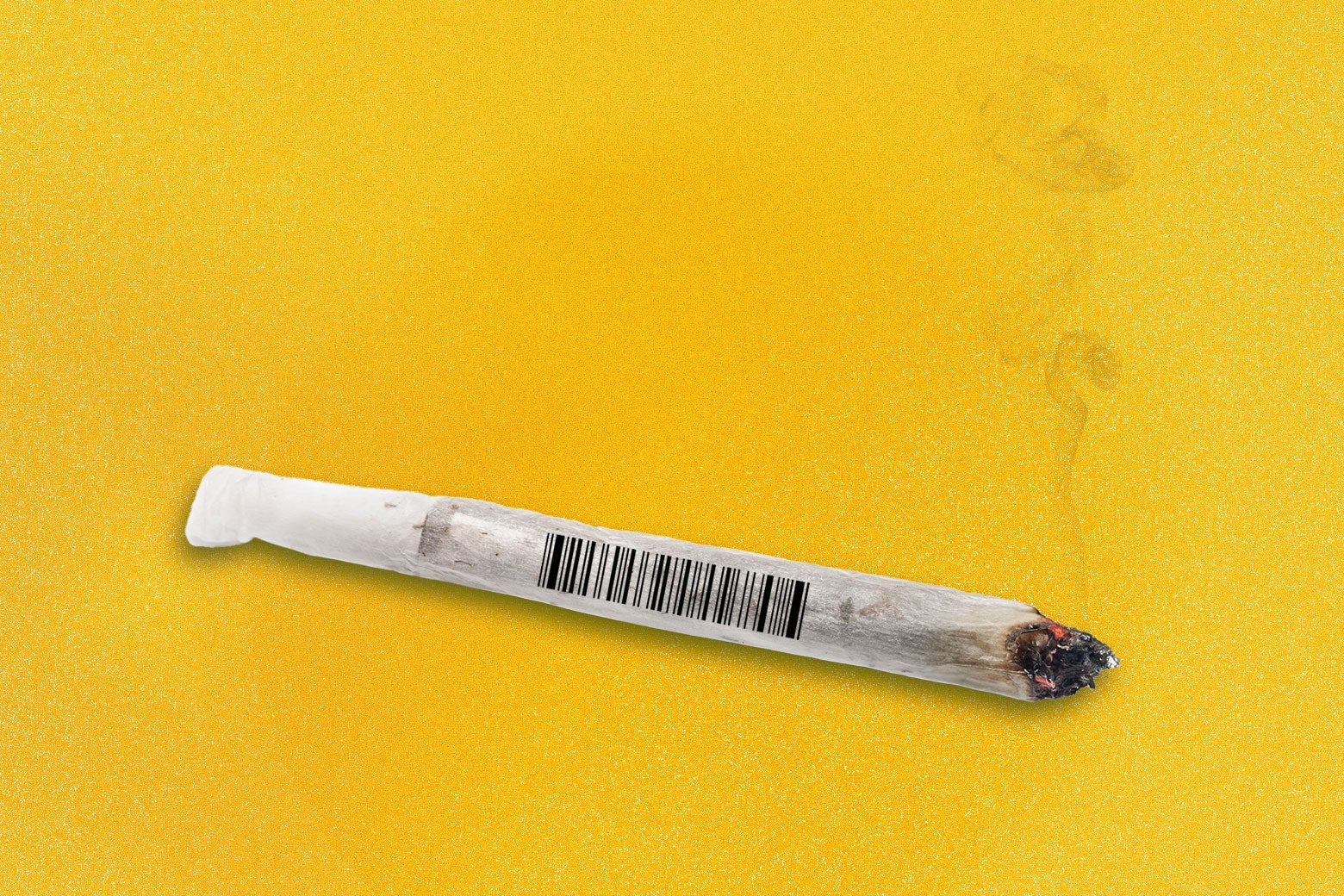Guinea Faces Growing Drug Crisis Amidst Economic Hardships

At Guineas only private drug rehabilitation clinic, Dr. Marie Koumbassa and her dedicated team of 15 health professionals are confronting a grim reality: drug use has escalated to a national emergency. Their commitment is so profound that they work without pay, driven by a sense of duty to combat this urgent issue.
Every week, the SAJED-Guine (Service for Helping Young People in Difficult Situations due to Drugs) clinic receives numerous distress calls from the families of individuals struggling with addiction. These calls often lead to the immediate transport of those in need to the facility, which is situated in the working-class neighborhood of Dabompa in Conakry, Guinea's capital.
In the more affluent areas of the city, cocaine has become the drug of choice among users seeking an escape. However, in other neighborhoods, the situation is more dire, with substances such as tramadol, crack cocaine, and a particularly dangerous new trend known as 'kush' becoming increasingly prevalent. Kush is a lethal concoction that combines cannabis with fentanyl, tramadol, formaldehyde, and reportedly even human bones. This dangerous mix has led to alarming incidents where users collapse, inflict self-harm, or suffer fatal overdoses.
Dr. Koumbassa notes the misinformation surrounding kush, particularly among youths. People come here from the madrasa [Islamic schools] and tell us that scholars told them: Take this, you will read well and quickly learn, she explains. It actually destroys them. The clinic first encountered this insidious drug last March, and its usage has since proliferated, even infiltrating local nightlife where it is now common to see it added to shisha pots in clubs and lounges.
Despite the serious drug crisis, Guinea has historically been perceived as more conservative compared to its neighbors, Guinea Bissaua nation often labeled a narco-stateand Sierra Leone, which serves as a significant hub for kush. Nevertheless, experts assert that a crisis is brewing, exacerbated by an expanding market run by cross-border trafficking networks. Kars de Bruijne, a senior research fellow with the Dutch think tank Clingendaels conflict research unit, highlights the mobility of gangs, stating, The gangs in Sierra Leone have always moved to Guinea [when necessary]. If a gang member committed a crime in Sierra Leone, they would find refuge in Guinea.
Cross-border routes remain active, with materialsincluding drugsbeing smuggled between Guinea and Sierra Leone. According to a UNODC report, approximately 5.6 tonnes of cocaine have been seized off the coast of Guinea from January 2019 to June 2024, highlighting the severity of the trafficking issue. Recently, Guinean authorities uncovered seven suitcases filled with suspected cocaine in a vehicle linked to the Sierra Leonean embassy, further illuminating the depths of this crisis.
Inside SAJED, staff members express concern over the widespread lack of awareness regarding addiction treatment and therapy options. Despite these challenges, the nonprofit has successfully managed over 500 cases since its inception in 2019, when Koumbassa was inspired to open the center after attending workshops for psychologists in Abuja and Accra.
Yamoussa Bangoura, head of psychotherapy at SAJED, underscores the clinic's commitment to expanding its outreach. We have patients who come from everywhere, including students returning from places like America and France, he shares. We want to extend our operations to Bok [a city near Guinea-Bissau] and other regions, but we lack the resources.
The epidemic is fueled by a myriad of factors, including widespread poverty and the countrys porous borders. Some social workers speculate that activists protesting against the junta that seized power in a coup in 2020 may have turned to drugs for courage during demonstrations. Others argue that the junta's overwhelming obsession with maintaining power has shifted focus away from addressing pressing societal issues like addiction.
Guineas already limited capacity to treat addiction issues is overwhelmed by the current crisis. The country hosts only two state-run centers dedicated to substance abuse, one of which was temporarily closed during the Covid-19 pandemic, leaving the other to handle the overflow. SAJED, despite its crucial role, can only accommodate around a dozen patients at one time.
The clinics operations are sustained primarily by the staffs personal contributions, along with modest grants from private donors. Additionally, patients engage in gardening activities within the compound, nurturing fruit plants that are later sold to generate some revenue. While the clinic does dispense medication for treatment, many of its patients are financially disadvantaged, necessitating that the clinic provide these medications for free.
Housed in a modest single-storey building rented at a discounted rate from a member of the Guinean diaspora, SAJED consists of cubicles serving multiple purposes, including a kitchen, laboratory, and pharmacy. It also features a small emergency room, separate dormitories for men and women, and a common room equipped with a television. However, the facility's appearance often deters individuals seeking help, as Bangoura notes, People fear to come in sometimes because of the look of the building.
SAJED also welcomes individuals suffering from other forms of addiction, including alcohol. One such patient is Diallo Mahmoud, a 32-year-old whose struggles with alcohol began during his teenage years while drinking with older peers. After moving around cities like Abidjan and Brazzaville in search of work, Mahmoud found himself increasingly reliant on alcohol to cope with his failures. Following a violent altercation in a nightclub, his family reached out to SAJED for assistance.
Now, as he engages in discussions with fellow patients about their lives and recovery, Mahmoud expresses hope for the future, stating, After I leave here, Ill not drink again and Ill preach that to people. Such testimonies provide motivation for the clinic's staff, who remain committed to their mission even amid adversity.
Dr. Koumbassa reflects on the broader implications of their work, saying, We have come to understand that drug consumption is recurrent in our homes, and the layer it consumes the most is the youth, the future of the nation. If we dont help them get out of it, it will be a problem for the nation.
























